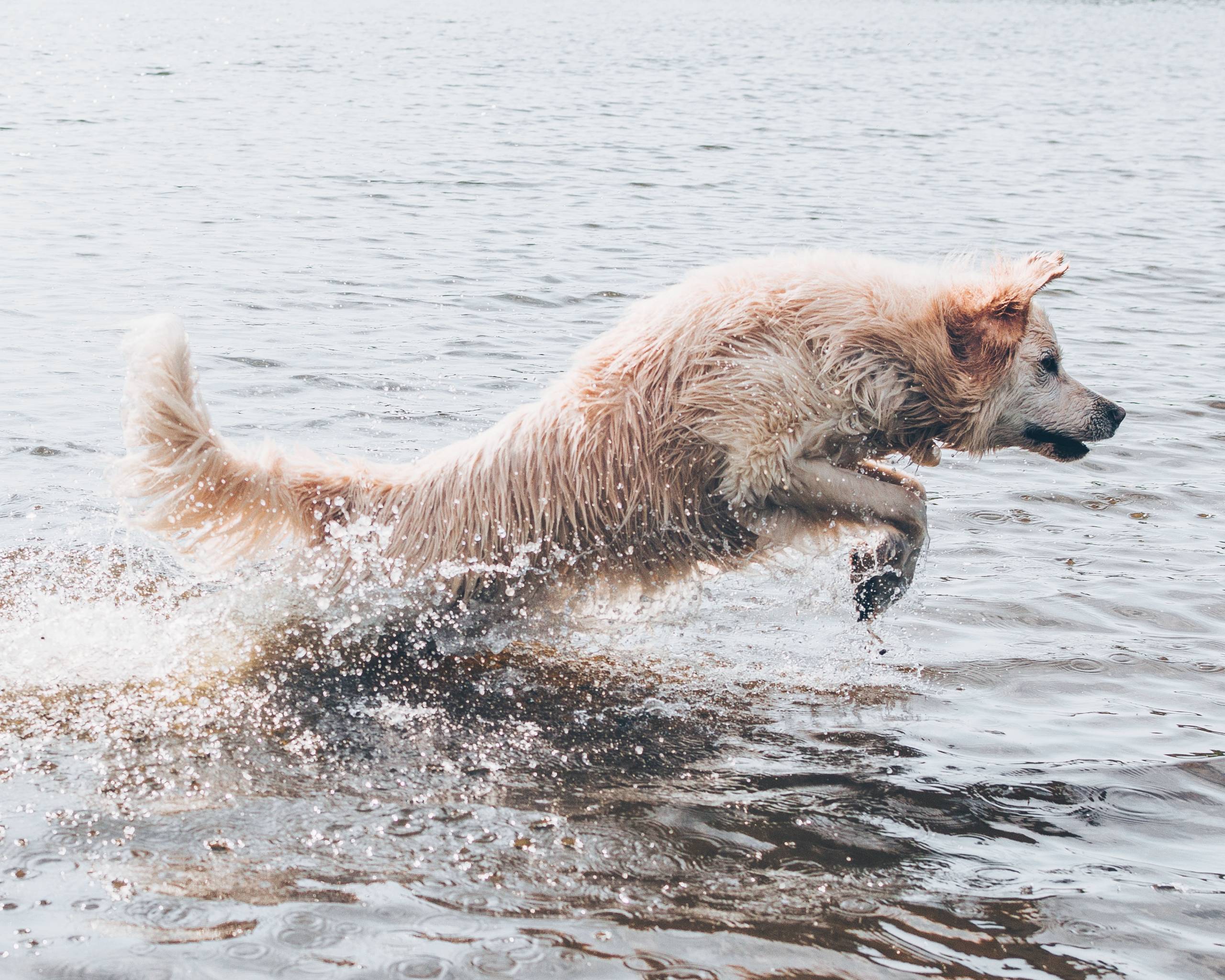
Understanding the Canine Gestation Period
The average length of a dog’s pregnancy, known as the gestation period, typically lasts around 63 days. However, this can vary slightly depending on the breed. Smaller breeds tend to have shorter gestation periods, while larger breeds may have pregnancies that last a bit longer. It’s essential to note that individual dogs may have slight variations within this timeframe, so it’s always prudent to be prepared for the possibility of an earlier or later delivery.
Signs and Changes During Pregnancy
Just like humans, dogs experience various physical and behavioral changes during pregnancy. In the early stages, you might notice that your dog becomes more affectionate or, conversely, a bit more reserved. Additionally, she may experience an increase in appetite, weight gain, and even some mild morning sickness. As the pregnancy progresses, you might observe visible changes in her body, such as a larger abdomen and the development of mammary glands.
Caring for a Pregnant Dog
During pregnancy, it’s crucial to provide your dog with proper care and nutrition. This includes feeding her a high-quality, balanced diet suitable for pregnant or nursing dogs. Regular veterinary check-ups are also essential to monitor the mother’s health and the development of the puppies. As the due date approaches, creating a comfortable and quiet space for your dog to give birth is important. This area should be secluded, warm, and free from disturbances to ensure a stress-free environment for the mother and her soon-to-arrive litter.
Preparing for Birth
As the gestation period nears its end, it’s important to be vigilant for signs of labor. These can include restlessness, nesting behaviors, and a decrease in body temperature. When labor begins, providing gentle support and monitoring the process is crucial. While most canine births occur without complications, it’s essential to be prepared for any unexpected developments and have the contact information for a veterinarian readily available.
Welcoming the New Arrivals
Once the puppies arrive, your dog will need continued support and care as she nurtures her newborns. This includes ensuring that the puppies are nursing well and that the mother is receiving proper nutrition to sustain her through this demanding period. Your veterinarian can provide guidance on post-natal care and the health needs of both the mother and her puppies.
In conclusion, understanding the duration and process of canine pregnancy is essential for any dog owner. By being informed and prepared, you can ensure the well-being of the mother and her puppies throughout this remarkable journey. If you have any concerns or questions about your dog’s pregnancy, don’t hesitate to consult with your veterinarian for guidance and support.[/fusion_text]



